1. Not Calling the Police
In Georgia, you must report any accident involving injuries, deaths, or property damage over $500 (OCGA §40-6-273). Without a police report, insurers may dispute fault, making it harder to prove your case.
What to do:
– Call 911 immediately.
– Request an official Georgia Motor Vehicle Accident Report (Form 330).
2. Admitting Fault (Even Partially)
Georgia follows “modified comparative fault” (OCGA §51-12-33):
- If you’re 50% or more at fault, you get $0.
- If you’re less than 50% at fault, your compensation is reduced by your percentage of blame.
Example: If you win $100,000 but are 20% at fault, you receive $80,000.
Never say:
“I’m sorry.”
“I didn’t see you.”
3. Skipping Medical Treatment
Delaying a doctor’s visit gives insurers an excuse to argue your injuries aren’t serious. Some injuries (like whiplash or concussions) take days to appear.
Georgia tip:
- Keep detailed medical records—they’re critical for proving your claim.
4. Not Gathering Evidence at the Scene
Photos, witness statements, and dashcam footage can make or break your claim.
What to document:
- Vehicle damage.
- Road conditions (skid marks, traffic signs).
- Contact info from witnesses.
5. Giving a Recorded Statement to the Insurance Company
Adjusters may ask for a “quick statement”—but their goal is to minimize your payout.
What to say:
“I need to consult my attorney before providing any statement.”
6. Posting About the Accident on Social Media
Insurers check Facebook, Instagram, and TikTok for posts that contradict your injuries (e.g., vacation pics after claiming back pain).
Rule: Stay silent online until your case settles.
7. Accepting the First Settlement Offer
Insurance companies (like State Farm or Allstate in GA) often lowball victims. Once you settle, you can’t ask for more—even if medical costs rise later.
Better option: Have a lawyer negotiate for maximum compensation.
8. Missing the 2-Year Deadline (Statute of Limitations)
In Georgia, you have 2 years from the accident date to file a lawsuit (OCGA §9-3-33). Miss it, and you lose all rights to compensation.
9. Not Hiring a Lawyer for Serious Injuries
If you suffered broken bones, TBI, or long-term disabilities, don’t negotiate alone. Studies show victims with lawyers receive 3x higher settlements on average.
10. Signing Documents Without Understanding Them
Insurers may slip in waivers or full-release forms. Never sign anything before a Georgia personal injury attorney reviews it.

